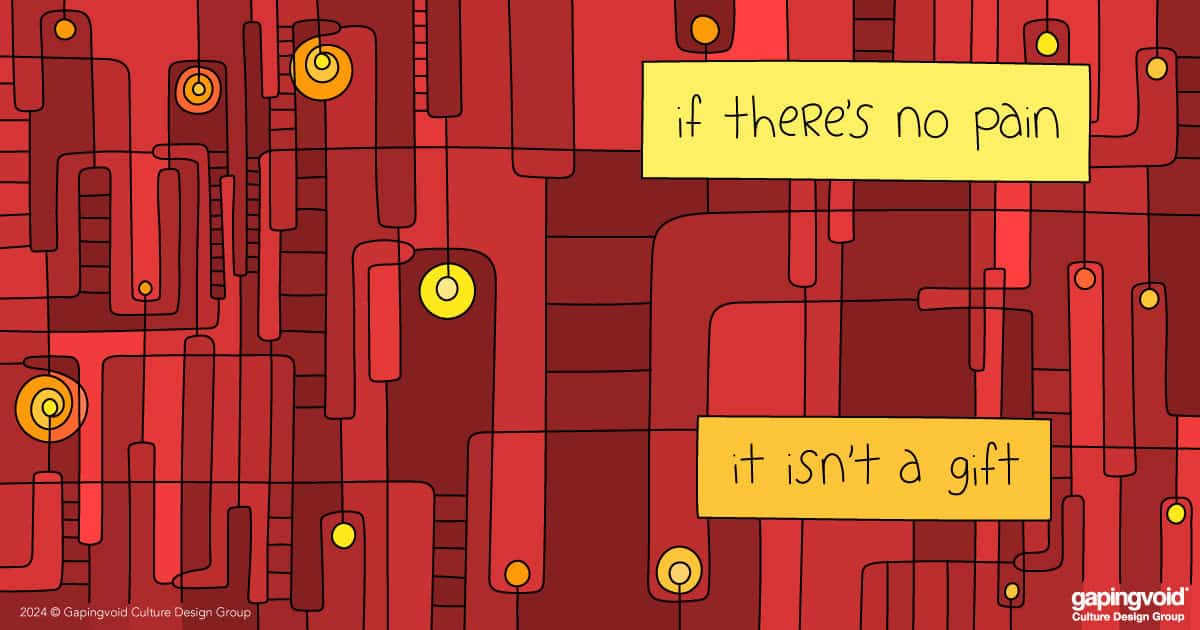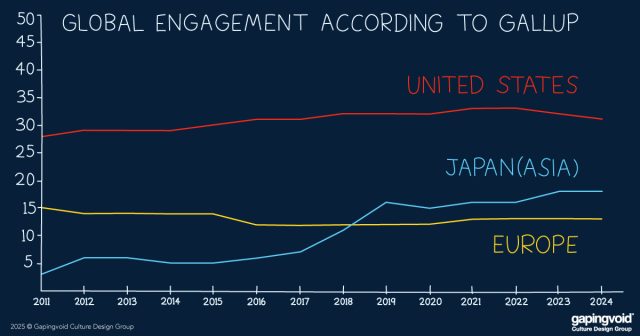
Over on the Weekend University YouTube Channel, the well-known Yale psychology professor, Paul Bloom talks about suffering, as in, one of Buddha’s famous Four Noble Truths, “Life Is Suffering.”
A funny thing about suffering, Bloom says, is that people like an easy life. We like to avoid suffering.
Except when we don’t.
Think about it. We actually quite like to suffer, sometimes. We like listening to sad songs. Watching horror movies. Running marathons. Hearing heart breaking stories. Eating super-hot peppers. Getting tattoos. Boxing. Working 80-hour weeks (then bragging about it).
For one thing, it builds character. Going through hell can make one more resilient. It can be a source of pleasure (like volunteering to suffer through a 100-mile ultramarathon in the Arizona desert). Or help us psychologically- as Stephen King says, “We make up imaginary horrors in order to help us deal with real ones.” And suffering also helps us achieve one of the great luxuries of the Western world- the ability to turn off our inner chatter (nobody spends much time whining about their bad childhood memories while they’re currently occupied trying to not to die on the side of a Himalayan mountain).
But where this gets interesting for us is the social aspect of suffering. Bloom says:
- If we suffer together and come out of it intact on the other end, it builds human connection.
- According to the social scientist Emile Dirkheim, suffering creates collective purpose.
- Suffering builds commitment. If we had to suffer in order to get something, we’re more likely to want to hold onto it.
Which leads us to think about the cultures within our organizations. One of the reasons some companies have such tight cultures is that they’ve been through a lot together, suffered together.
Why did they suffer? Mostly because what they were doing was really hard. In other words, great companies aren’t born out of happiness and great foosball tables, (that’s all well and good), they’re made from meaning. The byproduct of doing really hard things, which inevitably means some suffering along the way.
Suffering is the price of finding meaning. Meaning is a prerequisite for culture.



